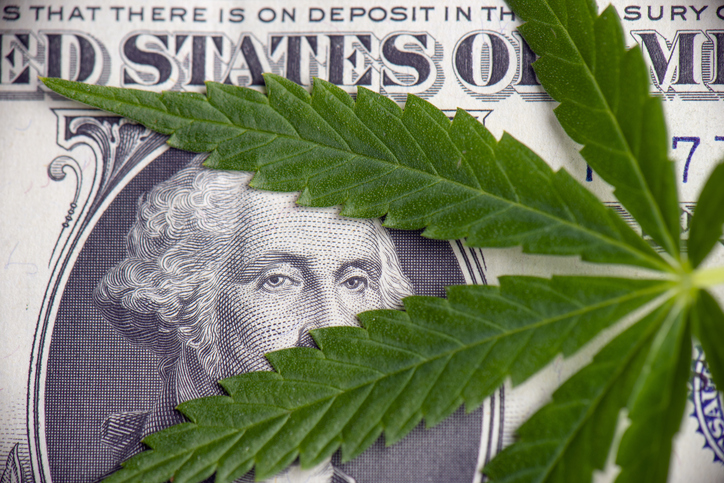
Cannabis is one of the country’s – and the world’s – fastest growing industries. Deloitte estimates the world’s top 13 markets to be worth approximately $100 billion combined. In the US, sales are projected to range from $11.2 billion to $13.7 billion in 2019 and from $25 billion to $30.4 billion in 2023 (Marijuana Business Daily).
It’s no surprise, then, why the number of marijuana businesses has been growing exponentially – and why many entrepreneurs and commercial property owners want to know how they can get a toehold in the industry.
The risks
Here’s the rub: while marijuana has been legalized for medicinal use in 33 states, including the District of Columbia, as well as for recreational use in 11 states, it remains federally illegal. This exposes the cannabis industry, along with those who service them, to potential risks.
The meat and bones of the issue is that federal law trumps state law, which translates to the fact that even in the states that have made the drug legal, it is technically illegal. A bank who participates in lending to a marijuana business may be considered guilty of laundering money. A landlord who leases property to a marijuana business could be charged with conspiracy to commit a crime.
These are drastic consequences and while the federal government hasn’t been taking legal action on the state level, it is still wise for commercial property owners to take the necessary steps to protect themselves.
Best practices for St. Louis commercial real estate owners
- A binding lease is not going to secure a property owner from all liability, but there are clauses that can be incorporated into the lease that will alleviate some of it.
- Most commercial real estate leases that are created to serve marijuana dispensaries will have clauses to cover them for:
- It’s also important to bear in mind that most marijuana businesses are
currently not able to work with banks because of federal reporting guidelines. This means that most are still cash-based businesses. Landlords who do not wish to accept cash payments need to make sure to clearly state the payment terms on the lease. Property owners should also be prepared for the fact that, because they are cash-based, marijuana businesses typically need a higher level of security.All this might no longer need to be a major consideration in the near future, however, if the Secure and Fair Enforcement Banking Act of 2019 or SAFE Banking Act passes. The proposed legislation will “protect banks and their employees from punishment for providing services to cannabis businesses that are legal on a state level” (Washington Post).
- It pays to be familiar with the different types of marijuana businesses as
well. Cultivation facilities have different needs and requirements than dispensaries and marijuana-infused manufacturers. Why work with marijuana businesses Despite the current risks, marijuana is undeniably profitable for commercial real estate owners – rents can average upwards of 20 or possibly 40 percent more per square foot for marijuana businesses than your typical business. So it’s easy to see why a study from the National Association of REALTORSâ (NAR) showed that “17 percent of commercial members in states where prescription marijuana is legal were already leasing to marijuana businesses.”
o forfeiture threat
o intervention by federal authorities
o any types of changes within the federal enforcement policy
o actions that are enforced as lease violation which constitutes
default
Clauses such as these will allow for the owner to get out of the lease if it becomes too risky and it also works in the owner’s favor if matters were to be taken to court.
